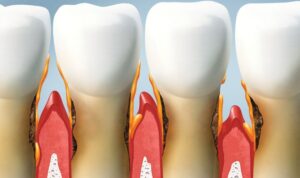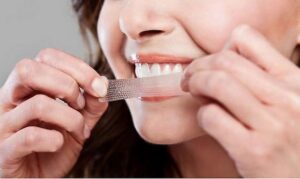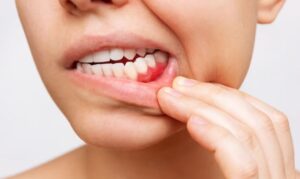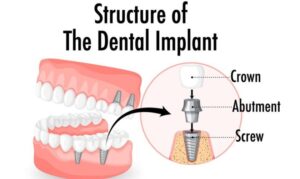Most parents who are raising a newborn are aware of the need of regular pediatrician visits for the well-being of their child. The significance of early and routine dental care is less widely known. The American Academy of Pediatric Dentistry (AAPD) suggests that the emergence of a child’s first tooth be the catalyst for a lifetime of preventative dental care, leading to the best possible oral health.
One Baby Tooth + One Pediatric Dental Visit = Zero Cavities
As stated by AAPD President H. Pitts Hinson, “the ‘first-tooth visit’ lets the pediatric dentist check for proper oral and facial development, see if the teeth are growing in properly, and detect early tooth decay.” “It also provides an opportunity for the dentist (see St Petersburg dentist) to guide parents through a comprehensive at-home dental care regimen for the child.”
Even in a child’s early years, tooth decay can have a major negative impact on their long-term health and wellbeing. Every day, the situation becomes worse. There was a 15.2 percent rise in cavities among children aged two to five, according to a new analysis from the Centers for Disease Control and Prevention comparing the oral health of Americans between 1988-1994 and 1999-2002. Furthermore, dental decay has been determined by the U.S. Surgeon General to be the most prevalent illness in children.
The fact that only three out of five kids see a dentist at least once a year might be a factor in this trend. Preventive treatment is a wise financial and health choice, even if parents may choose not to take their kid to the dentist in order to save money. Research indicates that children who have their first dental appointment before the age of one will have 40% fewer dental expenses in the first five years than children who do not receive one.
Tooth decay may have a profound effect on a child’s development if preventive treatment is not received. Children with cavities were shown to be much more likely to weigh less than 80% of their optimal body weight, according to a research published in Pediatric Dentistry. Even more concerning is the evidence that poor tooth health might have lasting effects. According to recent studies, poor dental hygiene may raise a child’s chance of having low birth weight children, getting heart disease, or having a stroke as they become older.
The best specialists to deal with primary teeth are pediatric dentists. Pediatric dentists take two to three years of further training following dental school, equipping them to manage the specialized needs of newborns, children, and adolescents-including those with special health care requirements. When children have their initial dental treatment at a pediatric-focused practice prior to the development of tooth issues, they develop a lifetime of trust and confidence in dental care.






